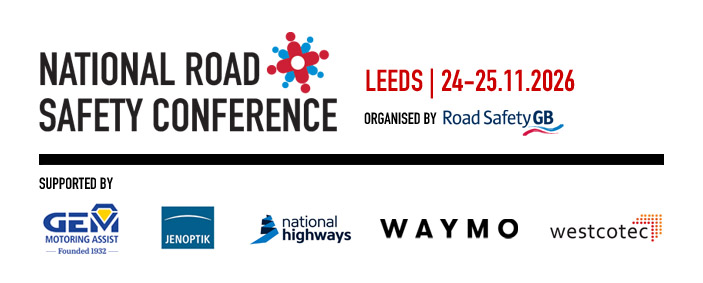Private e-scooters: should they be legalised?
PACTS carried out a study, funded by the Road Safety Trust, which has enhanced government research by capturing collision data involving all e-scooters (both private and for hire) and understanding safe aspects of private e-scooter use and construction.
This presentation will outline the findings from the study which was completed in March 2022, and discuss ways in which the devices could be legalised, should the government choose to do so.
 Margaret Winchcomb, Senior Research and Policy Officer, PACTS
Margaret Winchcomb, Senior Research and Policy Officer, PACTS
Margaret Winchcomb is a chartered civil engineer with passion for transport, focussed on people. Her career has included the design of flood management schemes associated with road development schemes, constructed to limit the flooding of local properties.
As project manager and contract administrator, she was part of the team which successfully delivered The Sainsbury Laboratory, Cambridge, winning the 2012 Royal Institute of British Architects Stirling prize.
Margaret has cemented her strong management skills through roles including founder and leader of not-for-profit organisations and chair and trustee of education establishments. She is has been member of Camcycle for over 15 years and is actively involved in their work for more, better and safer cycling in and around Cambridge. She is also a member of Women in Transport.
In 2021 Margaret joined PACTS where she leads their research and policy work. Her projects include research into the safety of private e-scooters to make recommendations for any future legislation and investigating how evidence from the use of lower urban speed limits in Europe can inform UK decision makers.
